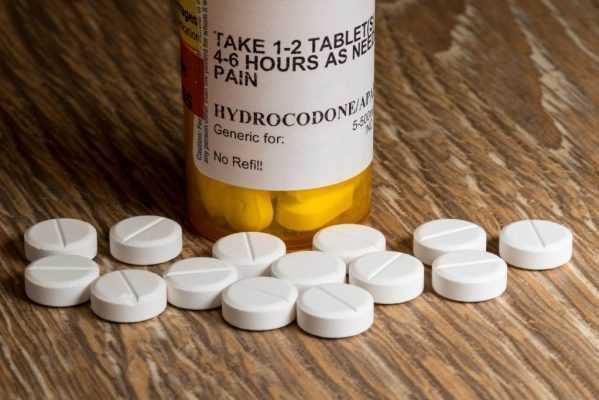Hydrocodone is classified under opioids. It is a dominant pain reliever popularly prescribed to manage pains due to injuries, and surgical operations. It can moderate or stop varying pain levels.
Hydrocodone, however, produces euphoric feelings for the users which causes them to develop a dependency towards it. When used for a long time, the user's body begins to build a tolerance to it. The result would be requiring more, and more of it to mitigate pain or get intoxicated.
Some of the signs that you could be getting hooked into abusing hydrocodone would include craving for it or using more of it for relief or reach intoxication limits. Effects that would follow are dizziness, constricted pupils, headaches, rash, slowed breathing etc.
Hydrocodone addiction can be controlled in a rehab whereby the patient will first be put into a Hydrocodone detox to expel the substance out of his/her body. The dangers of hydrocodone addiction range from mild to severe Some of the common ones include;
Liver damage
There are versions of hydrocodone that are composed of acetaminophen and can cause liver damage. Note that the drug on itself doesn't cause liver damage but taking an overdose of acetaminophen mainly found in Vicodin can cause acute to severe damage to the liver. Severe damage to the liver could lead to the development of liver cirrhosis or even liver failure.
Hyperplasia
An overdose of opioids can also interfere with the brain's opioid receptors, and how the body responds to pain. This mainly occurs after a long period of taking prescription hydrocodone or just abusing it. Apart from this abusing it also puts you at advanced position of experiencing severe pain which would lead to the patient requiring extended periods to recover from injuries or surgery.
Damage to gastrointestinal organs
Overdose in opioids can lead to severe constipation which a can cause bleeding and tear of skin in the bowels. Torn skin on the anal area is known to cause fecal impaction and rectal prolapse. Other effects are damage of the nerves of the anus. Continued nausea associated with vomiting can also cause severe heartburn, esophageal injuries, and ulcers.
Respiratory complications
Abusing hydrocodone reduces your general breathing rate which in turn minimizes your overall oxygen intake. The results would be damaged organ systems like the brain. You also increase the risks of coma, and death most commonly if you suffer from lung complications or sleep apnea etc.
Brain Injury
Hydrocodone and other related opioids alter the absorptions and release of neurotransmitters like dopamine and serotonin. Overdosage of transmitters which fills the brain gradually changes its structure attached to memory, emotional control, and learning among others. Extended minimal oxygen intake is also known to injure the structure of the brain.
Other conventional risks associated with hydrocodone are;
- Depression
- Suffering hallucinations
- Having mood swings
- Jaundice
- Anxiety and
- Psychosis
Conclusion
Hydrocodone abuse also has a fair share of withdrawal side effects which ranges from acute to severe. The results will mainly show up after six hours to two days from the last time the drug was taken. Such symptoms may continue for around one week but do vary depending on the type of hydrocodone administered, and patient.




Leave Comment